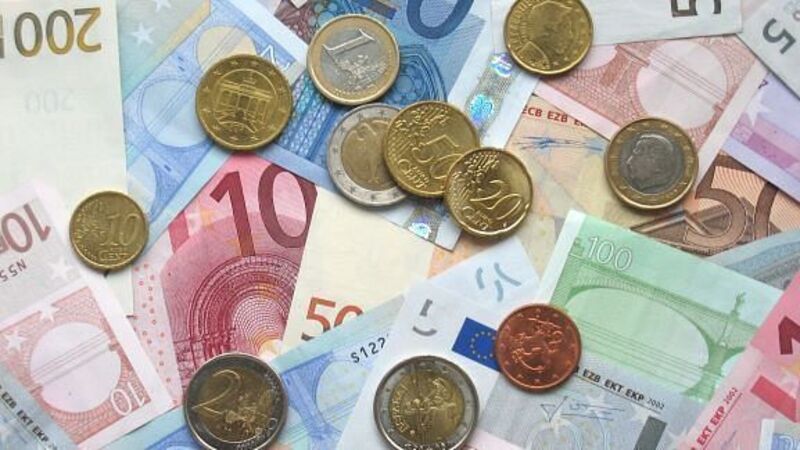EU in €315bn fund launch

The European Fund for Strategic Investment proposes to provide loans to cover around 20% of the cost of infrastructural projects, underwriting their more riskier elements, to encourage private investors to take up the remainder.
It is designed to have the traditionally risk-averse European Investment Bank, which is owned by the member states, contribute to what it might otherwise consider to be unattractive projects, with funds from the European Commission’s budget underwriting a share of any potential losses.
















